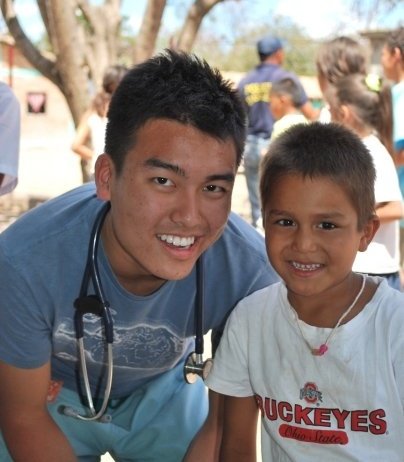Honduras voting for new president
 Porfirio Lobo is considered the favourite to win |
Presidential elections are under way in Honduras, five months after a political crisis ousted President Manuel Zelaya.
He was forced from Honduras at gunpoint in June, and replaced by Roberto Micheletti. Neither are candidates.
The favourite to win is conservative Porfirio Lobo from the National Party, and Elvin Santos from the Liberal Party is considered his nearest rival.
Mr Zelaya has called for a boycott of the election. Voting began at 0700 (1300 GMT) and will last nine hours.
Mr Lobo, 61, narrowly lost to Mr Zelaya in 2005, and Mr Santos, 46, was previously Mr Zelaya's vice president in the divided Liberal Party.
About 30,000 soldiers and police are to provide security for the elections, but many fear violence could erupt.
The political crisis and election have divided the region, with the US indicating it would endorse the result if the elections are deemed "free and fair".
Costa Rica, which has long been the mediator between the two sides in this crisis, has said likewise, but other Latin American countries have opposed the vote.
Argentina and Brazil have said they will not recognise any government installed after the election, arguing that to do so would legitimise the coup which ousted an elected president, and thus set a dangerous precedent.
The main regional grouping, the Organisation of American States, has declined to send an observer mission.
BBC correspondent Stephen Gibbs in the capital Tegucigalpa says that while supporters of Mr Zelaya are watching events with dismay, many Hondurans are expressing optimism that an end to the country's political crisis is in sight.
Congress is due to vote on Mr Zelaya's reinstatement on 2 December. His term ends on 27 January.
Mr Micheletti temporarily stepped down from office - for a week until 2 December - to allow the elections to proceed "peacefully and transparently", his spokesman said.
Mr Zelaya was forced into exile on 28 June after trying to hold a vote on whether a constituent assembly should be set up to look at rewriting the constitution.
His critics said the vote, which was ruled illegal by the Supreme Court, aimed to remove the current one-term limit on serving as president and pave the way for his possible re-election.
Mr Zelaya has repeatedly denied this and some commentators say it would have been impossible to change the constitution before his term in office was up.
He sneaked back into the country in September and has been living in the Brazilian embassy in Tegucigalpa.
Another country that I have been passionate about is Honduras. Last March, I traveled to Honduras on a medical mission trip. Soon after, the coup of the president made me realize the politics in this beautiful country was not quite as peaceful as I had imagined.
It will be very interesting to observe the elections in Honduras as it progresses!

